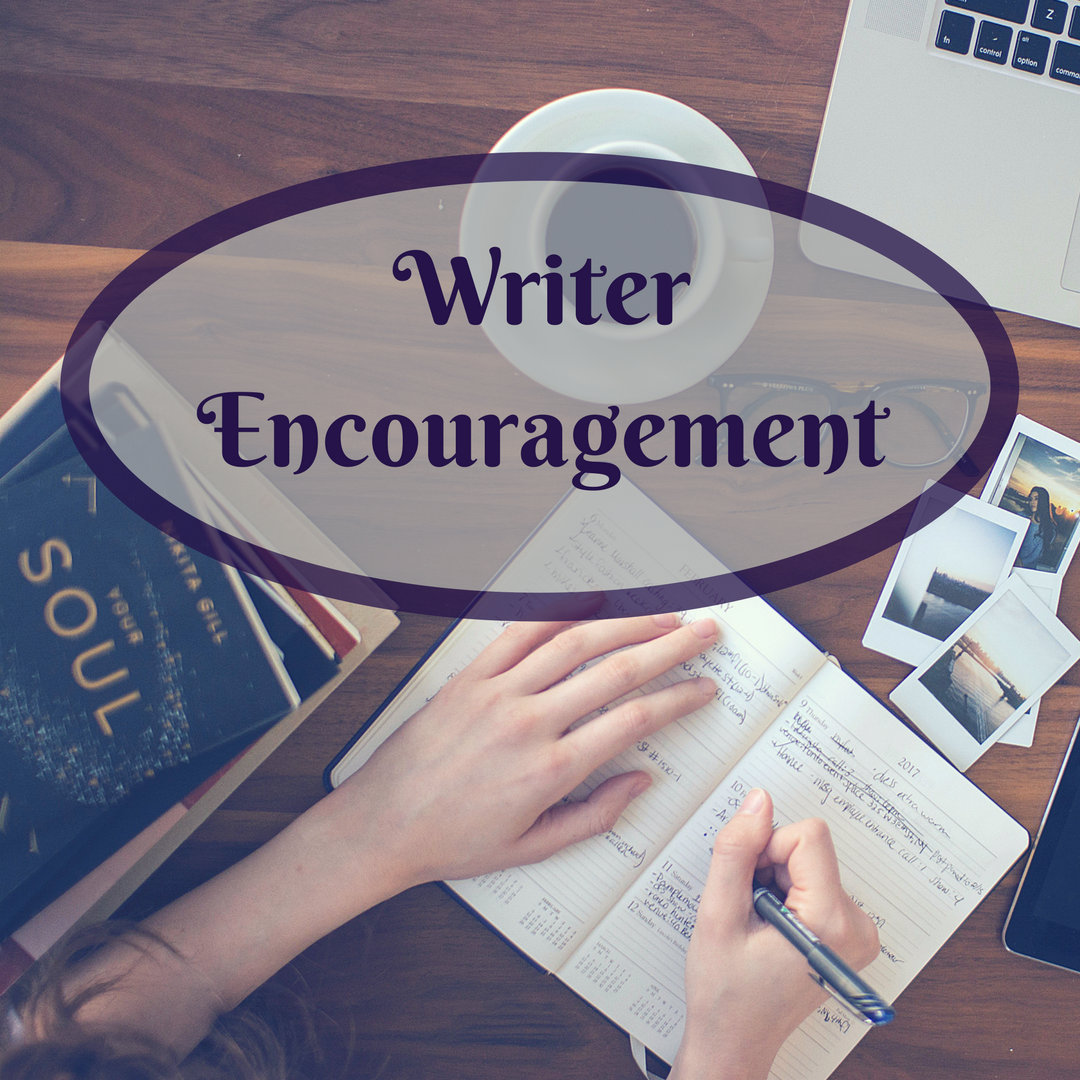
Writing with a Disability (Different Ability)
Rest and Relaxation
As I write this post, soldiers from a local Army base are departing for a time of R&R and…
December 29, 2023
As I write this post, soldiers from a local Army base are departing for a time of R&R and…
December 29, 2023
If you are like most people, you are excited about the arrival of fall this month. I have been…
September 29, 2023
Recently I heard an update about the long-term effects of those who have survived Covid-19. Not only can the…
October 29, 2020
Last month I was ready to go on a road trip, shut down my devices, and just vegetate for…
September 29, 2020
I don’t know if this happens to you, but when stress piles up in my life, my body starts…
June 16, 2020
These days, I frequently see my social media contacts expressing the same sentiment: “I’m too distracted to write.” In…
April 11, 2020